In the ever-evolving world of technology, software architects play a critical role in designing and developing software systems that meet the complex needs of businesses and organizations. A software architect is a senior-level software developer who takes a high-level view of software design and works with stakeholders to ensure that software solutions meet business goals and technical requirements.
Becoming a software architect requires a combination of technical expertise, leadership skills, and experience in software development. If you are interested in pursuing a career as a software architect, this article will provide you with valuable insights on how to get started on this path.
We will explore the steps you can take to acquire the necessary skills and knowledge, including education, training, and experience. Additionally, we will delve into the types of software architecture, the responsibilities of a software architect, and the potential career opportunities available.
By the end of this article, you will have a clear understanding of what it takes to become a successful software architect and be equipped with the knowledge and resources needed to pursue this exciting and rewarding career path.
What Does A Software Architect Do?
The responsibilities of a software architect may vary depending on the organization and the specific project, but typically include the following:
- Designing software systems: A software architect is responsible for designing the architecture and overall structure of software systems. They must understand the requirements of the business and work closely with stakeholders to ensure that the software meets those requirements;
- Planning and implementing software projects: A software architect must be able to plan and implement software projects, including defining project timelines and milestones, allocating resources, and monitoring progress;
- Collaborating with developers: A software architect must work closely with developers to ensure that the software is implemented correctly and that it meets the overall design requirements;
- Researching new technologies and design patterns: A software architect must stay up-to-date with the latest technologies and design patterns to ensure that software systems are efficient, scalable, and reliable;
- Communicating with stakeholders: A software architect must communicate effectively with stakeholders, including business analysts, project managers, and developers, to ensure that everyone is on the same page and that the software is meeting the needs of the business;
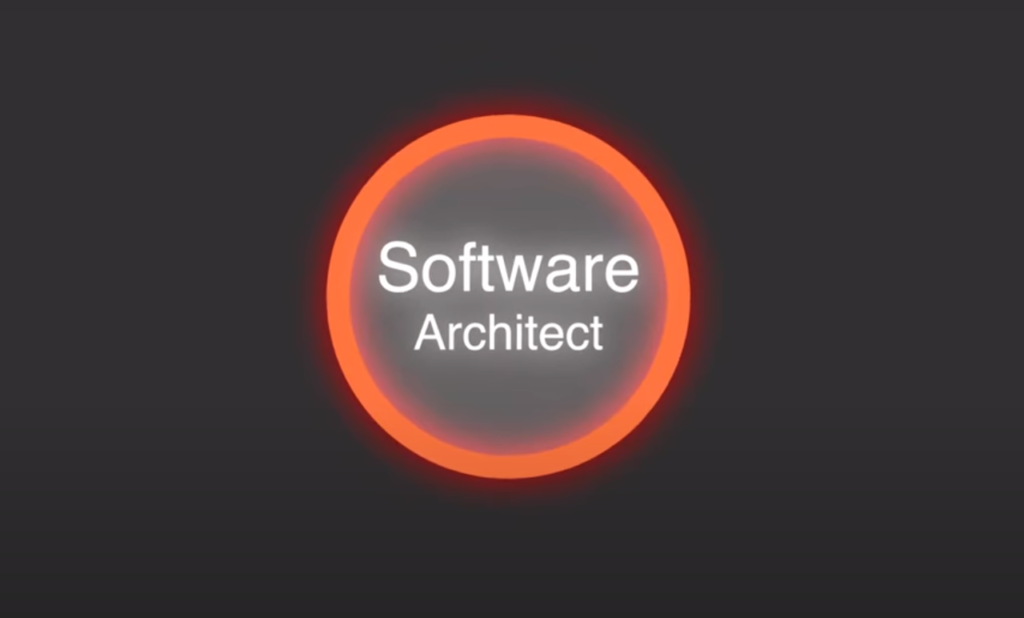
Foundational Skills For A Software Architect:
1) Hard Skills
Hard skills are the technical skills required for a software architect to design and implement software systems. These skills are essential for a software architect to perform their job effectively.
Here are some of the most important hard skills for a software architect:
- Programming Languages: A software architect should have a deep understanding of one or more programming languages such as Java, Python, C++, or JavaScript. They should be able to write, read, and understand code in these languages;
- Software Design Patterns: Software architects should have a strong understanding of software design patterns such as Model-View-Controller (MVC), Singleton, and Observer [2]. These patterns help software architects to design scalable, reliable, and maintainable software systems;
- Databases: A software architect should have knowledge of databases such as MySQL, PostgreSQL, and Oracle. They should be able to design, implement, and optimize databases for software systems;
- Operating Systems: A software architect should have knowledge of operating systems such as Linux, Unix, and Windows. They should be able to configure and optimize the operating system to support the software system;
- Cloud Computing: A software architect should have knowledge of cloud computing platforms such as Amazon Web Services (AWS), Microsoft Azure, and Google Cloud Platform. They should be able to design and implement software systems that can run on these platforms;
2) Soft Skills
Soft skills are the non-technical skills required for a software architect to effectively communicate and collaborate with other members of a development team.

Here are some of the most important soft skills for a software architect:
- Communication: A software architect should have excellent communication skills to effectively communicate with other members of a development team, project managers, and stakeholders. They should be able to explain technical concepts to non-technical stakeholders;
- Leadership: A software architect should have strong leadership skills to guide the development team in the right direction. They should be able to make decisions and provide direction when needed;
- Collaboration: A software architect should be able to collaborate effectively with other members of a development team to ensure that software systems are developed according to requirements;
- Problem-Solving: A software architect should have strong problem-solving skills to solve technical challenges that may arise during software development;
- Time Management: A software architect should be able to manage their time effectively to meet project deadlines;
Average Salary Of A Software Architect
The average salary of a software architect in the United States is $ 173,000 per year [3]. The salary range for a software architect can vary depending on location, industry, and experience.
For example, software architects working in San Francisco or New York City can expect to earn a higher salary than those working in smaller cities or rural areas. Additionally, software architects working in industries such as finance, healthcare, or technology can earn a higher salary than those working in other industries.
What’s It Like To Be A Software Architect:
1) Tasks
Software architects are responsible for a range of tasks, which can vary depending on the specific role and industry. Here are some common tasks that software architects may be responsible for:
- Design software solutions: The primary task of a software architect is to design software solutions that meet the needs of the business or organization they work for. This involves gathering requirements, analyzing data, and coming up with a plan for how the software will be developed;
- Review code: Software architects are also responsible for reviewing code written by developers to ensure that it meets the design specifications and is scalable, maintainable, and efficient;
- Provide technical guidance: As experts in software development, software architects are often called upon to provide technical guidance to other team members, such as developers, project managers, and business analysts;
- Develop software standards: Software architects are also responsible for developing software standards and best practices to ensure that the software development process is efficient, and effective, and produces high-quality software solutions;
- Evaluate new technologies: Software architects must stay up-to-date with the latest technologies and trends in software development. They evaluate new technologies and determine whether they are suitable for use in the organization’s software solutions [4];
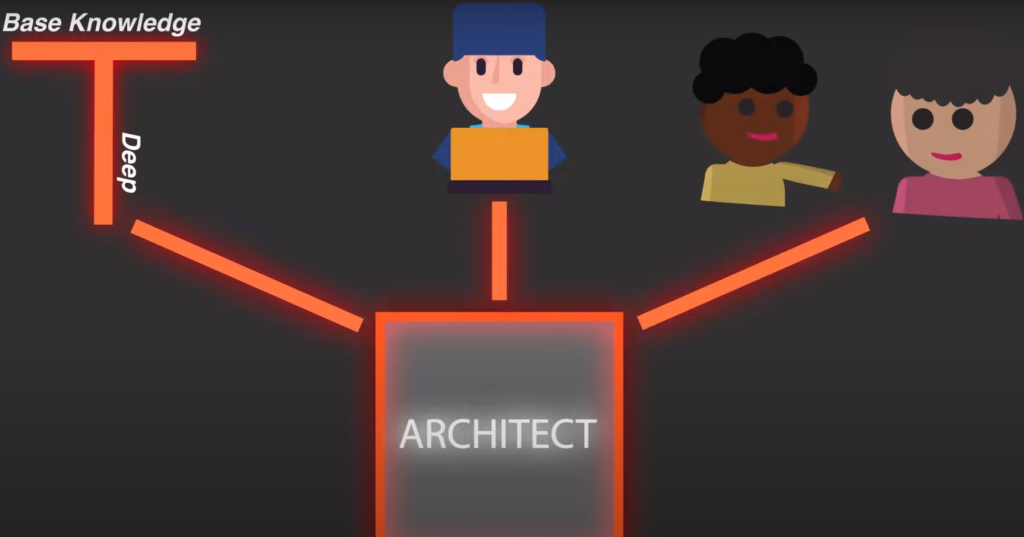
2) Duties
In addition to the tasks described above, software architects also have a range of duties that they must perform. Here are some common duties that software architects may be responsible for:
- Project management: Software architects may be responsible for managing the entire software development project, including overseeing the development team, managing the budget, and ensuring that the project is completed on time and within budget;
- Communication: Software architects must be skilled communicators who can convey technical information to both technical and non-technical stakeholders. They must be able to explain technical concepts in a way that is easily understood by all stakeholders;
- Leadership: Software architects are leaders who must be able to motivate and inspire their team members to work together to achieve project goals. They must also be able to make difficult decisions and take responsibility for the success or failure of the project;
- Problem-solving: Software architects must be excellent problem-solvers who can identify and solve complex technical problems that arise during the software development process;
- Training: Software architects may also be responsible for training other team members on software development best practices, standards, and new technologies;
Is Software Architect The Right Role For Me:
Job Opportunities
One of the first things you might want to consider when thinking about a career as a software architect is the availability of job opportunities. The good news is that there are numerous job openings for software architects across various industries, including healthcare, finance, technology, and more.
Software architects typically work for software development companies or in-house development teams. However, they can also work as consultants for various organizations, providing guidance and advice on software design and development.
According to the job search website Indeed, the average salary for a software architect in the United States is around $ 135,000 per year. This salary can vary depending on location, experience, and industry.
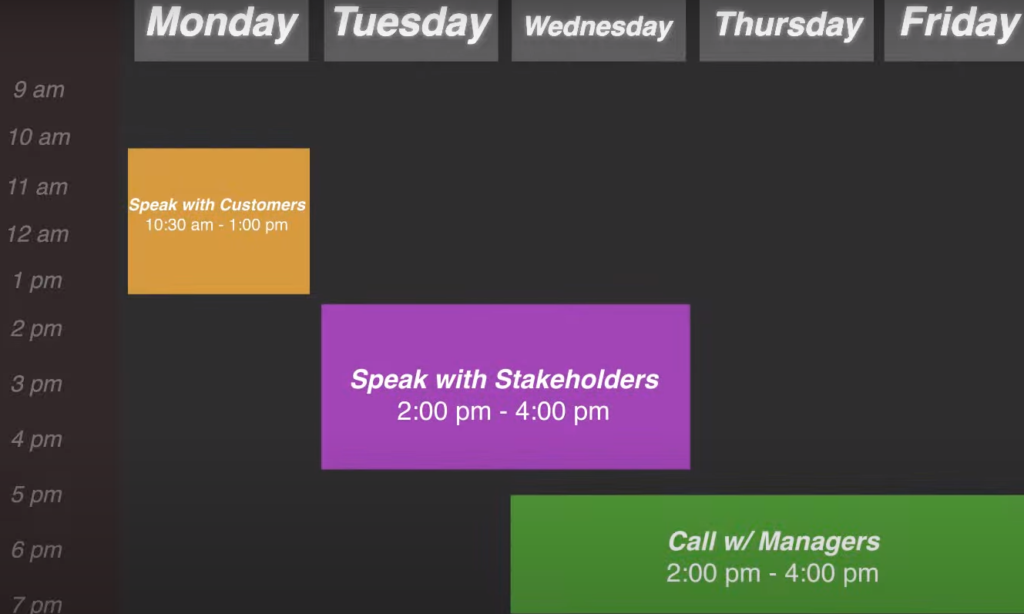
Projected Job Growth
Another important factor to consider when deciding if a software architect is the right role for you is the projected job growth.
The demand for software architects is driven by the need for organizations to develop and maintain complex software systems. As technology continues to advance and become more integrated into our daily lives, the need for skilled software architects is only going to increase.
Other Factors to Consider
While job opportunities and projected job growth are important factors to consider, there are other things to keep in mind when deciding if a software architect is the right role for you.
Here are a few other factors to consider:
- Technical Skills: As a software architect, you’ll need to have a strong technical background in software development and design. You’ll need to be familiar with various programming languages, software development tools, and software design patterns;
- Communication Skills: In addition to technical skills, software architects also need to have strong communication skills. You’ll be working with various stakeholders, including developers, project managers, and clients, so you’ll need to be able to explain technical concepts in a clear and concise manner;
- Leadership Skills: As a software architect, you’ll often be in a leadership role, guiding the development team and making key decisions about software design and development. You’ll need to be able to inspire and motivate your team to achieve their goals;
- Long Hours: Software development can be a demanding field, and software architects are no exception. You may need to work long hours, especially during critical phases of a project;
- Continuous Learning: Technology is constantly evolving, so as a software architect, you’ll need to be committed to continuous learning. You’ll need to stay up-to-date with the latest tools and technologies, as well as software development best practices;
How To Become A Software Architect:
Earn A High School Diploma
The first step towards becoming a software architect is to obtain a high school diploma or an equivalent. This serves as the foundation for your academic journey toward becoming a software architect. A high school diploma will demonstrate that you have completed basic education and have the necessary skills to move forward in your career.
Consider Earning A Degree
A bachelor’s degree in computer science, software engineering, or a related field is an excellent way to prepare for a career as a software architect. A degree program will provide you with the fundamental knowledge and skills to understand the principles of software development, programming languages, data structures, and algorithms. This knowledge is essential for a software architect, who must be able to design and develop complex software systems.
Begin Your Career As A Software Engineer Or Developer
After completing your degree, you should start your career as a software engineer or developer. This will give you the practical experience needed to become a software architect. You will work on various software projects, learn new programming languages, and develop your technical skills. Additionally, you will gain an understanding of the software development life cycle and how software systems are designed and built [6].
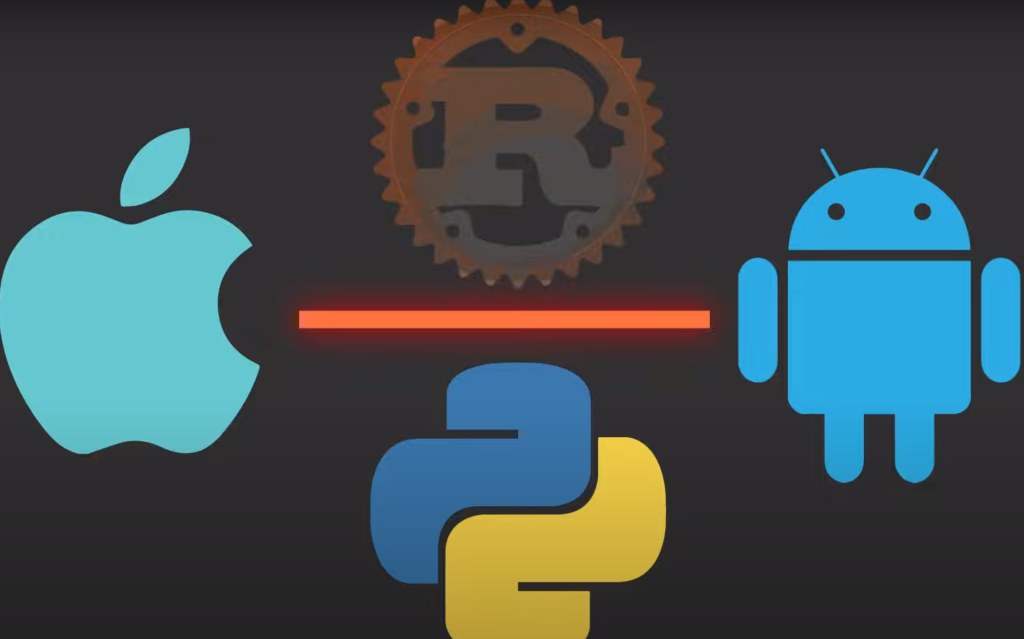
Partake In Training
As a software engineer or developer, you should continually seek opportunities to improve your skills and knowledge. This can be done through training, attending conferences, workshops, and networking with other professionals in the field. You can also consider pursuing a master’s degree in software engineering or a related field to advance your knowledge and increase your chances of becoming a software architect.
Acquire Certifications
Certifications are a great way to demonstrate your expertise and credibility in the field of software architecture. Several certifications available can help you advance your career as a software architect.
Two notable certifications are:
- OMG-Certified UML Professional 2 (OCUP 2). This certification is designed for software architects who use the Unified Modeling Language (UML) to design and develop software systems. The certification validates your understanding of UML concepts, diagrams, and notation. It also demonstrates your ability to apply UML to real-world software design problems. To acquire this certification, you must pass a two-part exam that covers UML concepts, notation, and usage;
- Microsoft Azure Certification. Microsoft Azure is a cloud computing platform that provides a wide range of services for developing, deploying, and managing applications. As a software architect, you will need to have a solid understanding of cloud computing and its associated technologies. Microsoft Azure certification demonstrates your ability to design and implement solutions using Azure services. There are several Microsoft Azure certifications available, including Microsoft Certified: Azure Solutions Architect Expert, which requires passing two exams [7];
Earn A Promotion
To become a software architect, you will need to demonstrate your expertise and leadership skills. You should strive to become a team leader, project manager, or technical lead. These positions will give you the opportunity to demonstrate your abilities and show your potential as a software architect. Additionally, you can pursue additional certifications or advanced degrees to increase your knowledge and qualifications.
Tips For Software Engineer Beginners:
1) Start with a computer science degree
One of the most important steps you can take as a software engineer beginner is to start with a computer science degree.
2) Get some experience with programming
Once you have a degree in computer science, it’s important to gain some experience with programming. You can do this by working on your own projects, contributing to open-source projects, or working on projects with other developers. This will help you build your skills and develop a portfolio of work that you can showcase to potential employers.
3) Learn to work in a development team
Software engineering is a team sport, and it’s important to learn how to work effectively in a development team. This includes learning how to use version control systems like Git, collaborate with other developers, and communicate effectively with stakeholders.
4) Expand your knowledge of other roles
While software engineering is a critical role, it’s also important to have a basic understanding of other roles in the industry. This includes understanding the roles of project managers, business analysts, and quality assurance testers. Having a broader understanding of the industry will help you be a more effective software engineer and will make you more valuable to potential employers.

5) Learn about software design patterns and architecture
Software design patterns and architecture are essential concepts in software engineering. Design patterns are reusable solutions to common programming problems, while software architecture refers to the overall structure of a software system. Understanding these concepts will help you write better, more efficient code and will make you more valuable to potential employers.
6) Learn about cloud architecture
Cloud computing is a rapidly growing field, and it’s important to have a basic understanding of cloud architecture. This includes understanding concepts like virtualization, containerization, and cloud deployment models. Knowing how to work with cloud-based systems will make you more valuable to potential employers.
7) Look for an industry-related internship
One of the best ways to gain experience in the software engineering industry is to look for an industry-related internship. This will give you the opportunity to work on real-world projects and gain valuable experience in the field. It will also give you the opportunity to network with other professionals in the industry.
8) Earn a master’s degree
While a bachelor’s degree in computer science is a good starting point, earning a master’s degree can help you advance your career. A master’s degree in software engineering or a related field will give you a deeper understanding of the industry and will make you more valuable to potential employers.
9) Gain experience in software solutions from a company
Once you have some experience under your belt, it’s important to gain experience in software solutions from a company. This will give you the opportunity to work on large-scale projects and gain experience working with different technologies and frameworks. It will also give you the opportunity to network with other professionals in the industry.
10) Enhance your resume
This includes keeping your skills up-to-date, adding new projects to your portfolio, and staying up-to-date with the latest technologies and frameworks. Having a strong resume will make you more attractive to potential employers and will increase your chances of success in the industry [8].
Example Of A Job Description For A Software Architect
A software architect job description may include the following responsibilities:
- Designing software systems that meet the needs of the organization;
- Collaborating with other developers, project managers, and stakeholders to define system requirements;
- Developing and implementing software architecture and design patterns;
- Evaluating and selecting technology solutions to support software development;
- Developing and maintaining system documentation;
- Conducting code reviews to ensure code quality and adherence to standards;
- Providing technical guidance and mentoring to other developers;
To be successful as a software architect, candidates should have a strong background in software engineering, as well as experience in software architecture and design patterns. They should also have excellent communication and collaboration skills, as well as the ability to work in a team environment.
FAQ:
- Which industries employ software architects?
Software architects are employed in various industries such as software development, IT, healthcare, finance, banking, e-commerce, gaming, media, transportation, and many more. Any industry that involves software development, implementation, and maintenance requires the expertise of software architects.
- Is there a demand for software architects?
Yes, there is a high demand for software architects due to the increasing complexity of software systems and the need for optimized software solutions. Companies are looking for skilled software architects who can design and implement robust software systems that are scalable, maintainable, and secure [9].

- Is it easy to become a software architect?
Becoming a software architect requires significant knowledge and experience in software development and design. It requires a strong foundation in computer science, software engineering, and architecture. While it may not be easy, it is certainly achievable with dedication and commitment.
- How long does it take to become a software architect?
The time it takes to become a software architect varies based on an individual’s experience, education, and training. Typically, it can take anywhere from 5-10 years of experience in software development to become a software architect [10]. A formal degree in computer science or software engineering may shorten the time required.
- Is software architect and software engineer the same?
No, software architects and software engineers are not the same. Software engineers are responsible for designing and implementing software systems, while software architects are responsible for designing the overall architecture of the software system.
- Do software architects write code?
While software architects are not typically involved in writing code, they must have a deep understanding of coding principles and best practices. They are responsible for designing and documenting software systems, creating diagrams, and communicating their design to developers.
- What are the types of software architects?
There are several types of software architects, including enterprise architects, solution architects, system architects, and software application architects. Each type focuses on different aspects of software design and implementation.
- How did you get your start in programming?
Many people start programming by learning a programming language and practicing coding exercises.
- Is a software architect career hard or easy?
The software architect career requires a lot of hard work, dedication, and continuous learning. It involves a high level of responsibility and the need to stay up to date with the latest software technologies, best practices, and design patterns.
- What experience is required for a software architect?
Software architects typically require several years of experience in software development, with a strong focus on software design and architecture. They must have a deep understanding of software development principles, design patterns, and best practices.
- Does the software architect need coding?
While software architects are not typically involved in writing code, they must have a deep understanding of coding principles and best practices. They must be able to read and write code and communicate effectively with developers.
- Are software architects paid well?
Yes, software architects are typically paid well due to their high level of expertise and responsibility. According to Glassdoor, the average salary for a software architect in the US is around $ 1733,000 annually.
- Do architects get paid more than software engineers?
Software architects typically get paid more than software engineers due to their higher level of expertise, responsibility, and experience in software design and architecture.
- Is 30 too old to become a software architect?
No, 30 is not too old to become a software architect. It is possible to become a software architect at any age with the necessary education, experience, and training [11].
- Can a software architect become a millionaire?
While becoming a millionaire is not guaranteed, it is possible for a software architect to achieve financial success and become a millionaire with the right combination of skills, experience, and opportunities. Many successful software architects have gone on to start their own software development companies or consultancies, which can lead to significant financial rewards.
- Which degree is best for a software architect?
A degree in computer science or software engineering is typically the best choice for a software architect. However, some software architects may also have degrees in related fields such as mathematics, electrical engineering, or physics.
- Can software architects make 100k a year?
Yes, software architects can make 100k or more per year, depending on their level of expertise, experience, and location. In fact, the average base salary for a software architect in the US is $ 172,000 per year [12].
- What is the salary of a Software Architect at Tesla?
The average salary for a software architect at Tesla is around $ 160,000 annually. However, the salary can vary based on experience, location, and other factors [13].
- What is the minimum salary of a Software Architect?
The minimum salary for a software architect can vary based on location, company, and other factors. However, according to Glassdoor, the national average base salary for a software architect in the US is around $ 170,000 annually.
- Who is the above software architect?
There is no clear hierarchy above software architects, but they may work with and report to other roles such as project managers, technical leads, or senior management.
- What does a software architect do on a daily basis?
A software architect’s daily responsibilities may include designing and documenting software systems, collaborating with developers and other stakeholders, researching new technologies and design patterns, and communicating with project managers and other leaders.
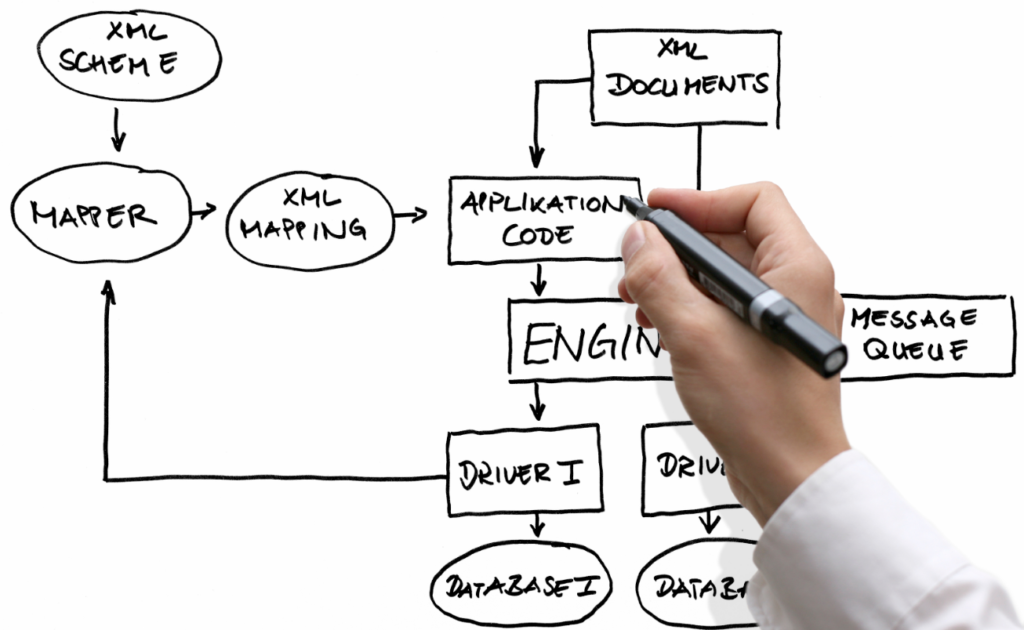
- Who gets paid more – software architect or software engineer?
Software architects typically get paid more than software engineers due to their higher level of expertise, experience, and responsibility in software design and architecture.
- What is another name for software architect?
Other names for a software architect may include software designer, software solutions architect, or application architect.
- Do I have to be smart to be a software architect?
While intelligence certainly helps, it is not the only factor in becoming a successful software architect. Strong problem-solving skills, creativity, attention to detail, and a deep understanding of software development principles and best practices are also essential.
- Do software architects need Python?
While software architects may not necessarily need to know Python specifically, they should have a strong understanding of programming principles and be able to read and write code in one or more programming languages.
- Who needs a software architect?
Any organization that requires software development or implementation can benefit from the expertise of a software architect. This includes businesses of all sizes, government agencies, and non-profit organizations [14].
Useful Video: How I Became a Software Architect… (Or Not)
References:
- https://www.simplilearn.com/tutorials/software-career-resources/how-to-become-a-software-architect
- https://ca.indeed.com/career-advice/finding-a-job/how-to-become-a-software-architect
- https://medium.com/@nvashanin/the-path-to-becoming-a-software-architect-de53f1cb310a
- https://www.glassdoor.com/Salaries/software-architect-salary-SRCH_KO0,18.htm
- https://www.turing.com/kb/top-10-highest-paying-software-jobs
- https://www.seek.com.au/career-advice/role/software-architect
- https://www.geeksforgeeks.org/how-to-become-a-software-architect/
- https://www.computercareers.org/6-steps-to-become-a-software-architect/
- https://www.ziprecruiter.com/career/Software-Architect/What-Is-How-to-Become
- https://www.redhat.com/architect/what-is-software-architect
- https://talentsprint.com/blog/xp/your-complete-guide-to-becoming-a-sought-after-software-architect/
- https://startuptalky.com/how-to-become-software-architect/
- https://itnext.io/so-what-is-a-software-architect-exactly-dbb6406d5747
- https://www.roberthalf.com/blog/salaries-and-skills/how-to-become-a-software-architect





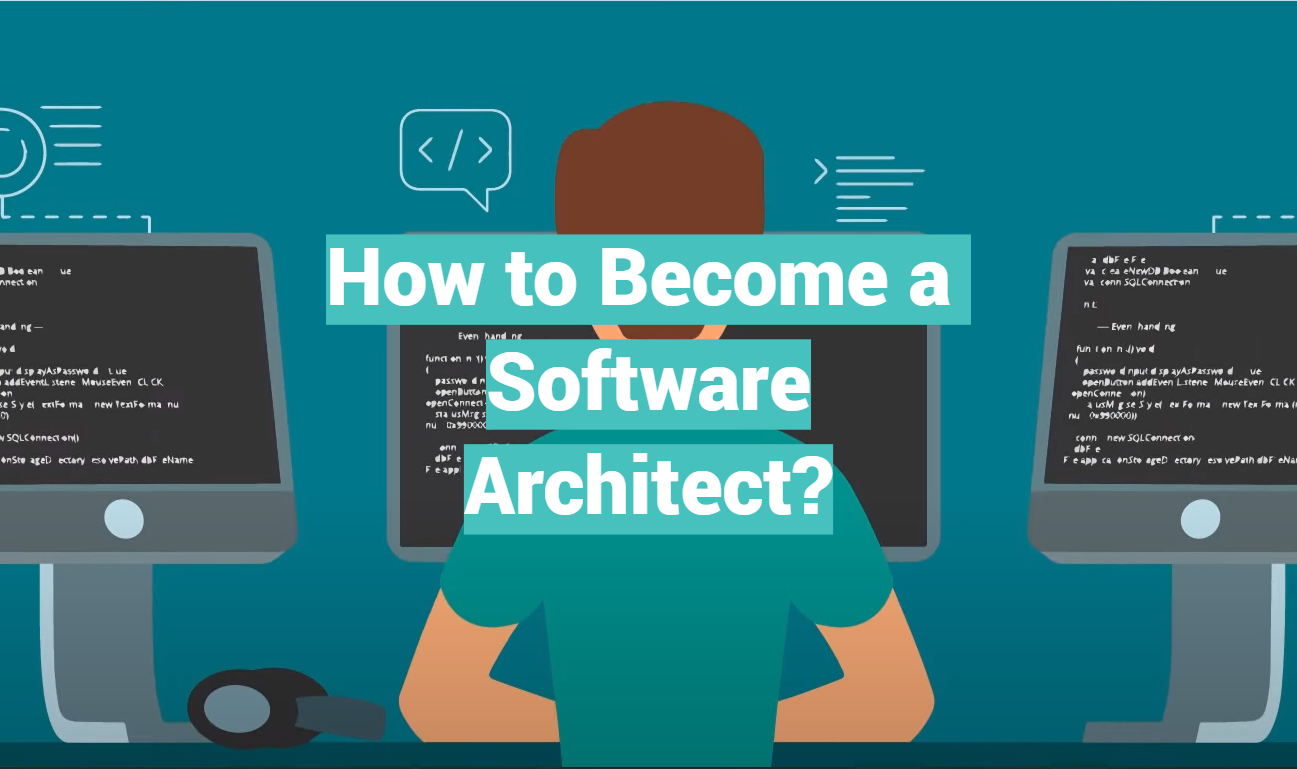




Leave a Review